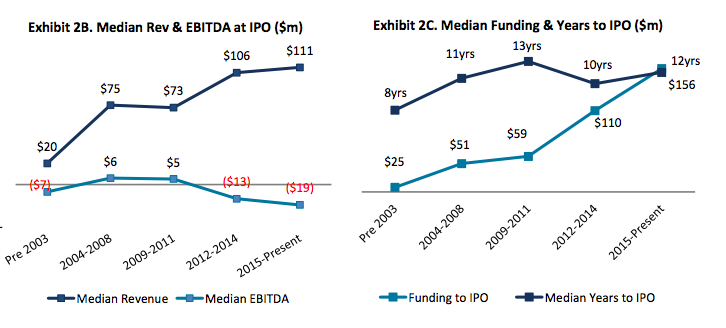

“Payments” will also be $0, since no payment was received in February. When checking the statistics for February, the “Value of bookings” will be $0, since no rooms were occupied during that period. You receive the payment via bank transfer in March and register the payment in Sirvoy. The booking stay dates are in August. You immediately create an invoice in Sirvoy and send it to the guest. The “Payments “ columns represent the actual payments registered during the period.įor example, let’s say you receive a new booking in F ebruary.The “Invoicing “ columns represent the sales registere d during the period, from an accounting perspective.“Value of bookings” is the total of all daily prices for the selected dates (including rooms, extras and surcharges), but actual payments may not have been received then.The next time you take a look at your booking revenue, remember to check on your recognized revenue, too.On the Statistics page you will find the revenue for a certain period presented in different ways: Until then, any payment that has been upfront is considered deferred revenue.

In summary, your recognized revenue, also known as earned revenue, is the money that flows into your business after you deliver the service your guests have paid for. The amount your company earns is considered recognized revenue.ĭeferred revenue becomes recognized revenue after you deliver the tour or experience your guests have paid for.
Difference between bookings and revenue full#
You can have $1,000 in deferred revenue, but if a guest cancels and requests a refund, you won’t actually receive the full $1,000. If the tour doesn’t happen as planned, then you may owe the money back to your customers. It refers to the payments your company received for products or services that have yet to be delivered.įor example, if a guest pays for a walking tour that only happens a week from today, their payment is considered deferred revenue.
:max_bytes(150000):strip_icc()/ExxonIncojmestatement2019June-55cdf08720b24bc7b27ade3de5b6dc32.jpg)
deferred revenueĭeferred revenue is also known as unearned revenue. Once a guest visits your attraction or goes on your tour, you’ve fulfilled your requirement as a business owner and can now officially recognize the revenue made from those bookings. Your recognized revenue is the money that comes in after the service or experience has been delivered to your guests. This is why it’s important for your tour business or attraction to also track recognized revenue. Then, the booking revenue recorded for that month will be different from the actual revenue collected by your company. This may sound like the most important revenue figure for your company - but what happens if one of your future guests cancels their booking and requests a refund? Based on the price of your tours or tickets, the number of bookings made will tell you how much to expect in booking revenue. Your booking revenue is the amount of money you expect to receive for all booked tours and experiences. There are a few different ways to look at your company’s revenue. Next, we’ll look at the difference between booking revenue, recognized revenue, and deferred revenue - three financial metrics your travel company should always track. Revenue, then, is actual income earned when you provide your guests with the tour or experience they purchased. However, those bookings aren’t considered revenue until your guests actually go on your tour or visit your attraction. Your monthly booking volume reflects the number of bookings you received that month. In this case, your guest has committed to paying you for the tour or experience you’ll provide them with. It’s the act of purchasing the products or services you’re offering. What’s the difference between a booking and revenue?Ī booking is made when a guest books one of your tours or purchases a ticket to your attraction. What’s the difference between a booking and revenue?.In this post, you’ll learn why it’s important for your company to track booking revenue as well as recognized revenue to stay on top of your finances. Cash basis accounting, on the other hand, recognizes income and expenses only when the transactions are final. Expenses are also recorded as soon as a bill arrives, regardless of when it’ll be paid. Accrual accounting recognizes income as soon a booking is made. You may look at one or the other based on your accounting methods. Your recognized revenue, on the other hand, can provide you with a clearer picture of your company’s performance. Yet this number won’t always correspond with the final profit and cash flow numbers at the end of the month because it doesn’t account for things like refunds, tour cancellations, staff costs, etc. While your booking volume is an important metric to watch, it’s not the only factor that ensures your company’s financial health.Įvery time a guest makes a booking on your website, it’s registered as your booking revenue.


 0 kommentar(er)
0 kommentar(er)
